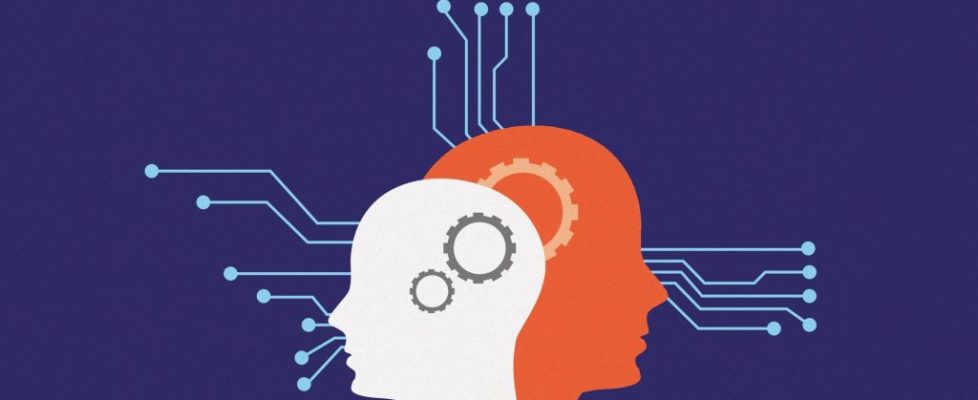Human Values in A.I. – Jan 22
How do we ensure that artificial intelligence (AI) reflects and enacts human values? UC Berkeley’s Dylan Hadfield-Menell will explore how AI is applied in the world, and how it can go wrong — even terribly wrong. He’ll examine potential solutions that draw on an analogy with misaligned incentives in economics: in particular, the “gaming” of performance measures like standardized tests scores. He will also show how the future of AI is related to the Wells Fargo account scandal … and even to “fake news.”
Dylan Hadfield-Menell is a 4th-year PhD student in UC Berkeley's Department of Electrical Engineering and Computer Science. He is also a "spotlighted student" at Cal's Center for Human-Compatible Artificial Intelligence, and a Wonderfest Science Envoy.
Please register early ($10) for this Wonderfest event by calling the Marin JCC at 415-444-8000. "Day of" registration costs $12. Our Robot Overlords will be pleased if you come!
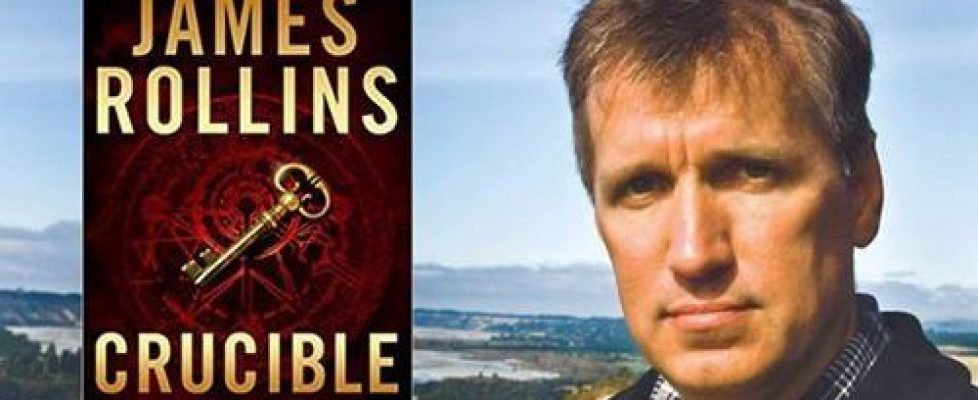
A.I. & “Crucible” – Jan 14
After Michael Crichton, but before Andy Weir, there was — and is — sci-tech thriller writer James Rollins. This New York Times #1 bestselling author has been featuring cutting-edge science and technology in his novels for 20 years. In his latest work, Crucible, Rollins explores how groundbreaking research in artificial intelligence may shine light onto the Spanish Inquisition and medieval witchcraft. Wonderfest joins BookShop West Portal in presenting James Rollins on A.I. in Crucible.
Map: [https://goo.gl/maps/DG6z8tKq6Em]
This event is FREE. But please help nonprofit Wonderfest to share the clear-eyed optimism of science by donating via the box, below.
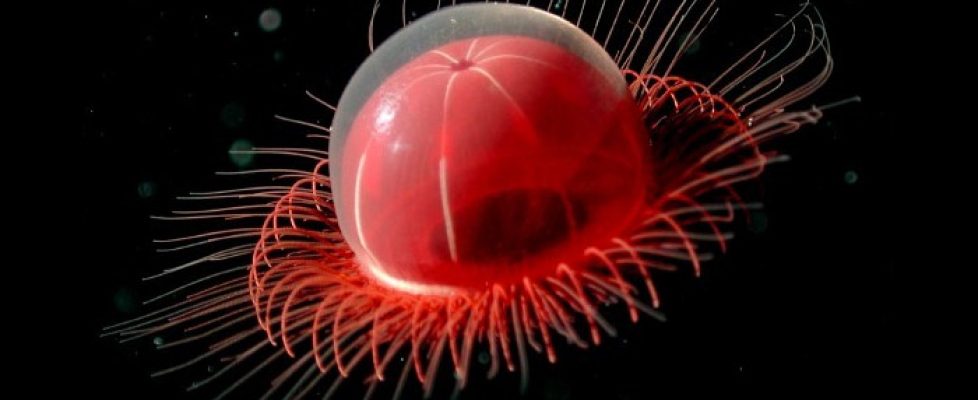
Extreme Life of the Sea
Our speaker, Steve Palumbi, is one of the planet's leading marine scientists. He is Director of the Hopkins Marine Station and Professor of Marine Science at Stanford University. He'll be joined by his son, author Anthony Palumbi.
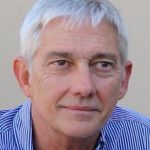
Dr. Stephen R. Palumbi
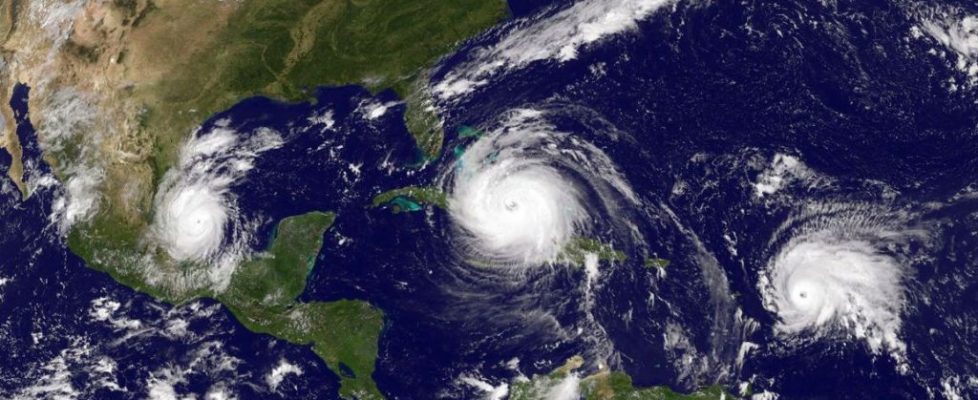
Extreme Weather
Drought, wind, rain. Wildfire, flooding, crop failure, species extinction. Changes in the magnitude and frequency of extreme weather events are likely the most serious consequence of human-induced global warming. Understanding what the future portends is vital if society hopes to adapt to a very different world.
Or speaker, Dr. Michael Wehner, is senior staff scientist in the Computational Research Division at Lawrence Berkeley National Laboratory.
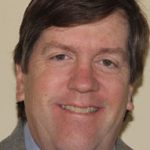
Dr. Michael Wehner
Thanks to the thoughtfulness of Wonderfest supporters, this event has no admission charge. If you, too, would like to contribute to The Bay Area Beacon of Science, please use the "Tickets" box, below.
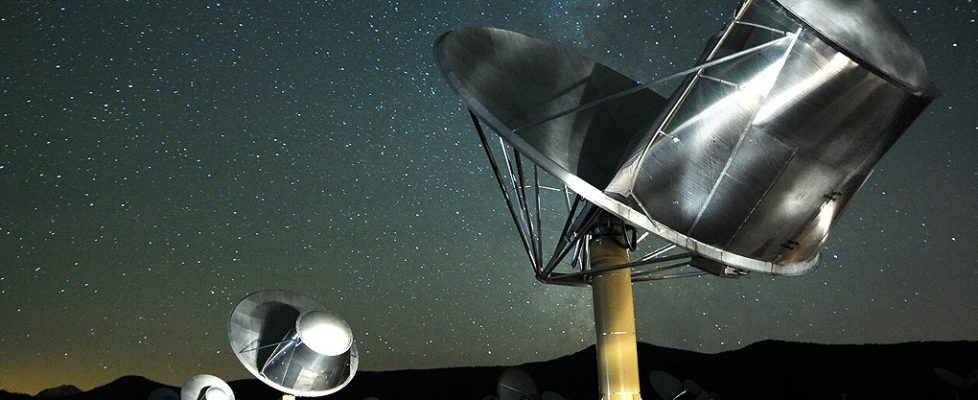
A Cosmic Perspective
Dr. Jill Tarter is Chair Emeritus for SETI Research at the SETI Institute in Mountain View. Dr. Tarter was the inspiration for Jody Foster's character in Carl Sagan's novel and movie, "Contact."
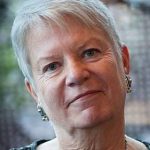
Dr. Jill Tarter
Map: [http://goo.gl/maps/iRRFR]
- Print a FREE Astro Program parking pass at this Eventbrite website.
- After sunset, vehicles lacking a parking pass may be cited.
- Vehicles can exit the Park until 10:30pm; after that, remaining vehicles may be cited.
Bring a flashlight and — even though mountaintop weather (above the fog) is often warmer than down at sea level — wear warm clothes in layers. If rain or wildfire threatens, call 415-455-5370 after 4pm on event day.
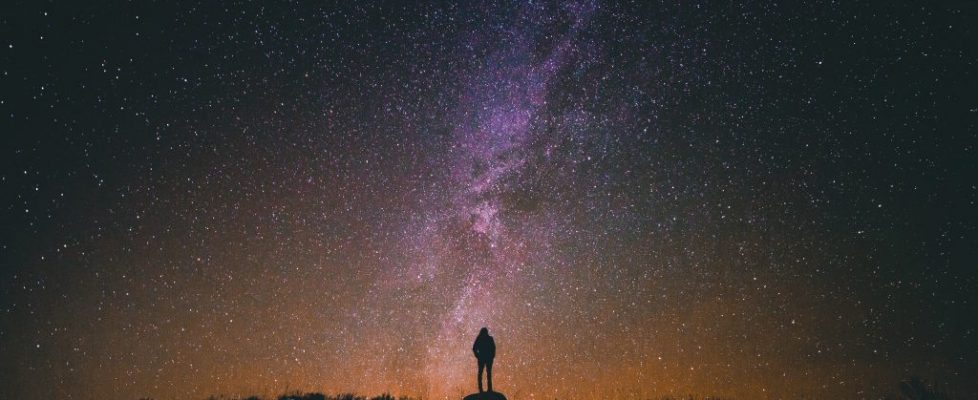
The Modern Origins Story
Dr. Eliot Quataert is Professor of Astronomy & Physics at UC Berkeley. He is also Director of Berkeley's Theoretical Astrophysics Center.
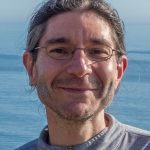
Eliot Quataert
Map: [http://goo.gl/maps/iRRFR]
- Vehicles can exit the Park until 10:30pm; after that, remaining vehicles may be cited.
- After sunset, vehicles lacking a dashboard Astro Program parking pass may be cited.
- Print a FREE Astro Program parking pass at this Eventbrite website.
Bring a flashlight and — even though mountaintop weather (above the fog) is often warmer than down at sea level — wear warm clothes in layers. If rain or wildfire threatens, call 415-455-5370 after 4pm on event day.
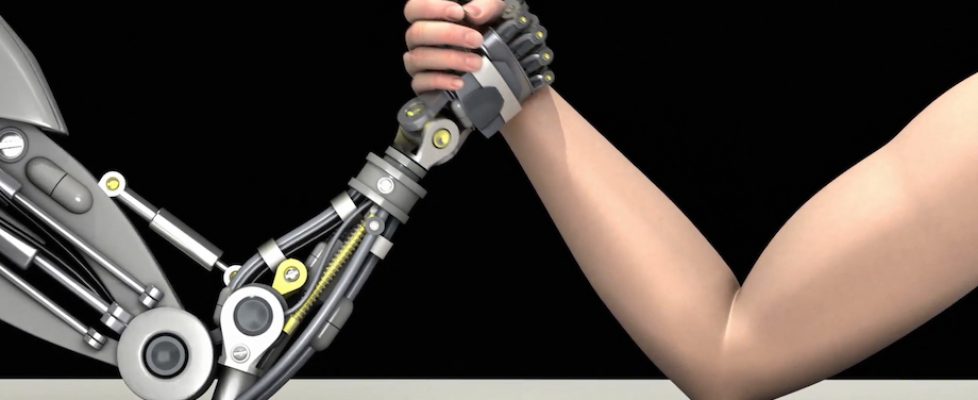
Musk vs. Zuck: Is AI a Threat?
Drawing on his experience as a robotics and AI research expert, UC Berkeley's Ken Goldberg will explore the AI/Robotics issues in three parts: 1) What Isn’t New, 2) What Is New, and 3) How We Can Prepare. Ultimately, Goldberg will argue that new innovations tend to empower humans, not replace them, revealing the potential for new trends such as "Cloud Robotics" and "Multiplicity."
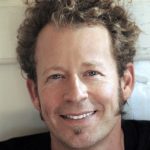
Dr. Ken Goldberg

